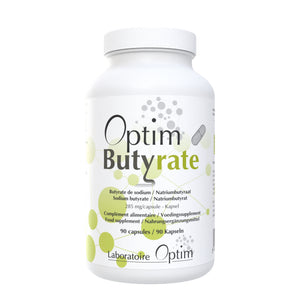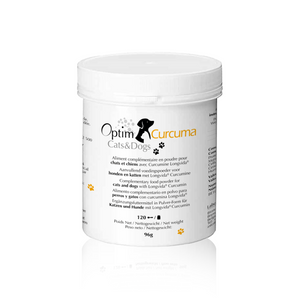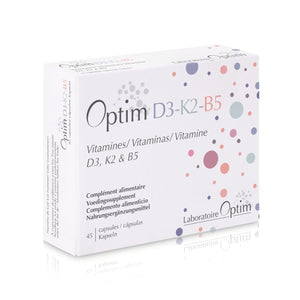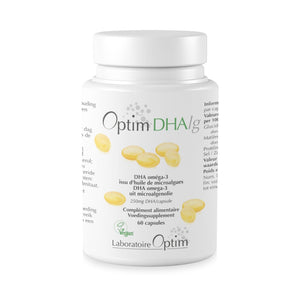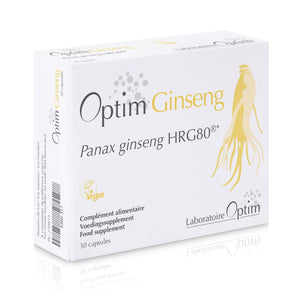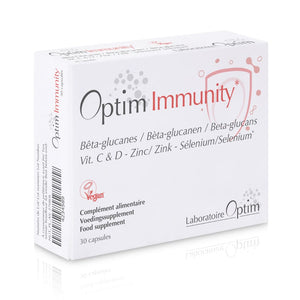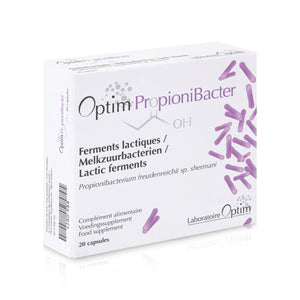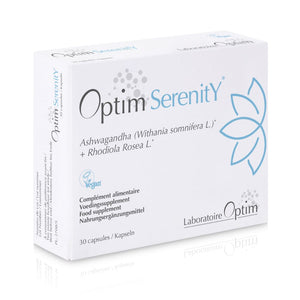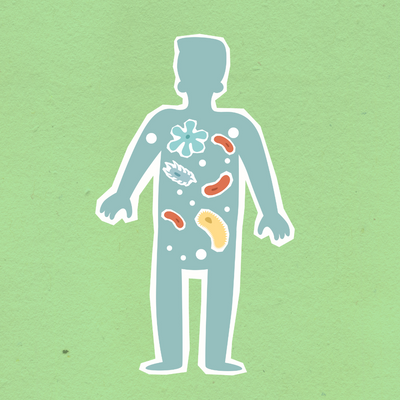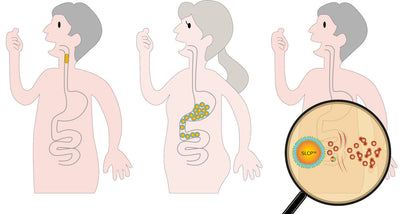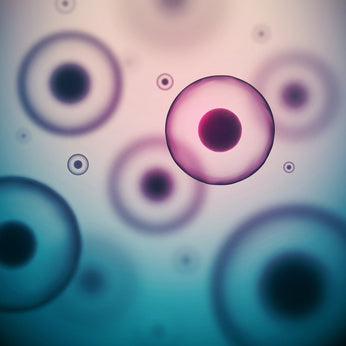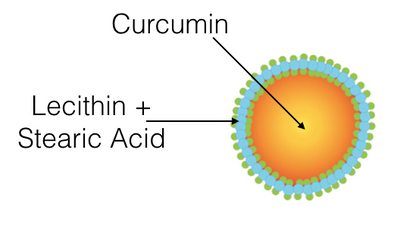Propionic acid (C3H6O2), also called propionate, is a short-chain fatty acid (SCFA) found in the intestinal environment. It is produced through microbial fermentation of dietary fiber in the human digestive system.
Production and Origin
In the intestine, propionic acid is mainly produced by bacteria of the genera Bacteroidetes and Firmicutes.
These microorganisms ferment non-digestible dietary fiber and produce various SCFAs, including propionic acid. This process primarily occurs in the large intestine, where the concentration of propionic acid can vary depending on diet and microbiome composition.
Interactions with Intestinal Mucosa
Propionic acid interacts with the intestinal mucosa in several ways:
- Interaction with epithelium: It participates in metabolic exchange with intestinal epithelial cells.
- Intestinal pH: As an acid, it contributes to maintaining pH in the intestinal environment.
Interaction with Intestinal Microbiome
In the microbial ecosystem of the intestine:
- Propionic acid is involved in interactions between different bacterial populations
- It contributes to the local pH balance
- It influences the composition of the intestinal environment
Metabolic Aspects
At the metabolic level:
- Propionic acid is involved in cellular energy metabolism
- It plays a role in various metabolic pathways
- It interacts with diverse enzymatic systems
Propionic Acid Supply
The concentration of propionic acid in the intestine can be influenced by:
- Diet, especially fiber intake
- Composition of the intestinal microbiome
- Local physicochemical conditions
Certain bacteria, such as Propionibacterium freundenreichii, a lactic ferment commonly used in Swiss cheese production, can produce propionic acid. This bacterial production is responsible for the characteristic hole formation in these cheeses and contributes to their distinctive flavor.
Propionibacterium freudenreichii sp. shermanii is a bacterium called propionic because it is involved in the production of propionic acid (or propionate) in the intestine, a short-chain fatty acid.
Propionic Acid: An Important Short-Chain Fatty Acid
Propionic acid is a compound naturally found in the intestinal environment, resulting from the metabolic activity of the microbiome. Its presence and interactions with various biological systems make it an important subject of study in intestinal function research.
Supplement to Increase Propionate Levels in the Intestine
Optim Propionibacter is a dietary supplement based on lactic ferments: Propionibacterium freudenreichii sp. shermanii.
